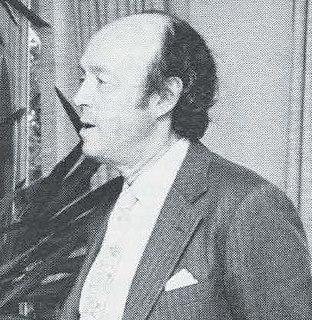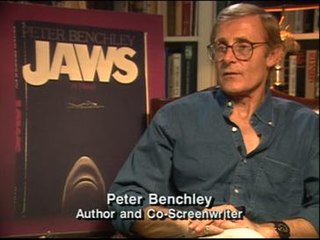A Quote by Frank Peretti
The logical outcome of evolution is that it makes monsters. We turn into monsters because evolution takes away everything that makes us human in the sense of our moral accountability, our moral absolutes, and our idea of being distinct from the animal kingdom.
Related Quotes
We started off with physical evolution and got our form. Then we somehow developed language, which meant cultural evolution could race so we could change our behavior really quickly instead of over hundreds and hundreds of years. And then comes moral evolution, which means we're not frightfully far along with people. And maybe we end up with a spiritual evolution, which is this connectedness with the rest of the life forms on the planet.
Evolution explains our biological evolution, but human beings are very unique creatures. As the Dobzhansky said, all animals are unique; humans are the uniquest. And that uniqueness of being human, language, art, culture, our dependency on culture for survival, comes from the combination of traditional biological evolution.
I think moral philosophy is speculation on how we ought to live together done by people who have very little clue how people work. So I think most moral philosophy is disconnected from the species that we happen to be. In fact, they like it that way. Many moral philosophers insist that morality grows out of our rationality, that it applies to any rational being anywhere in the universe, and that it is not based on contingent or coincidental facts about our evolution.
In a deeply tribal sense, we love our monsters, and I think that is the key to it right there. It is monsters; it is learning about them: it is both thrill and safety. You can think of them without being desperately afraid because they are not going to come into your living room and eat you. That is 'Jaws.'
Stop being frightened. You only see a monster because they want you to see monsters everywhere. They've conditioned you to look for monsters in every shadow, every coat hung on every door. As long as we keep seeing monsters, we'll continue to need protection and that's how other people get to control our lives.
As a bio-philosopher - as someone who draws upon the scriptures of nature, recognizing that we are the product of the process of evolution, and in a sense, we have become the process itself - through the emergence and evolution of our consciousness, our awareness, our capacity to imagine and to anticipate the future and to choose from amongst alternatives.


































